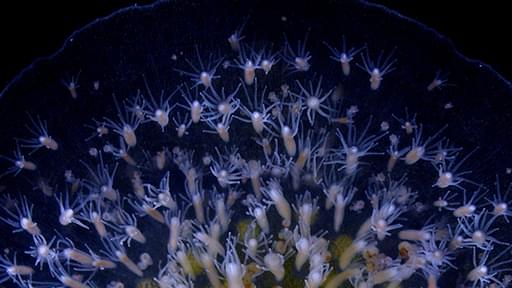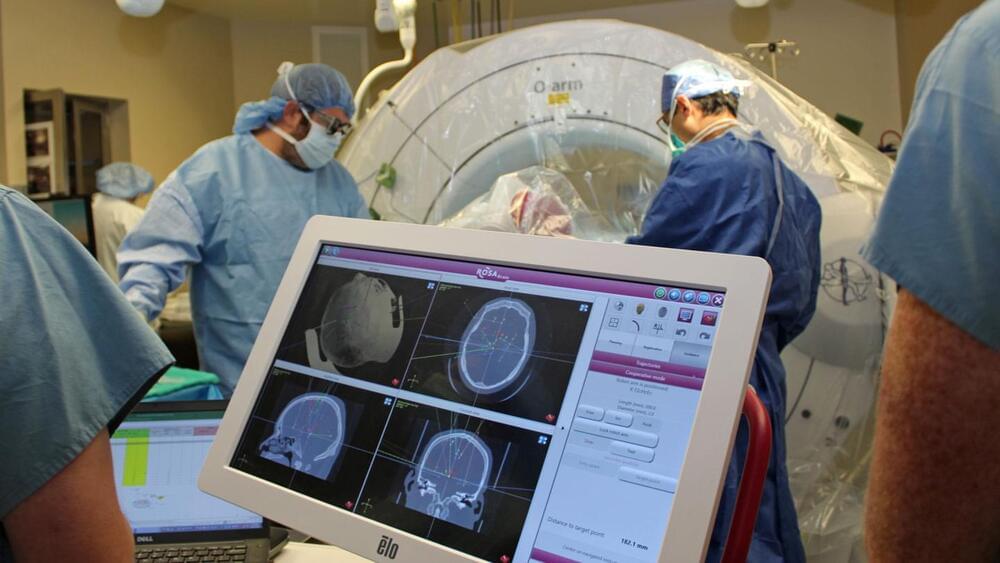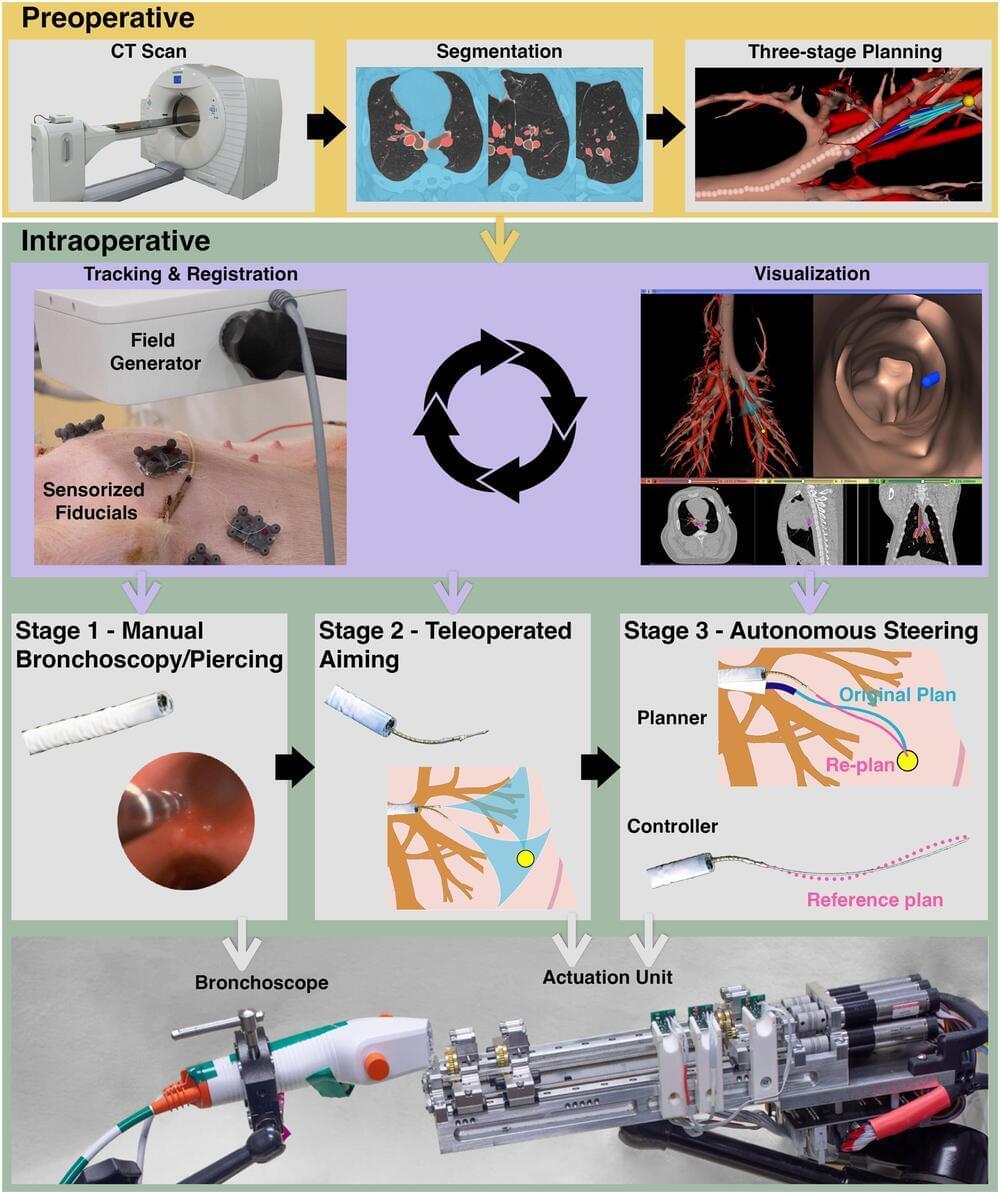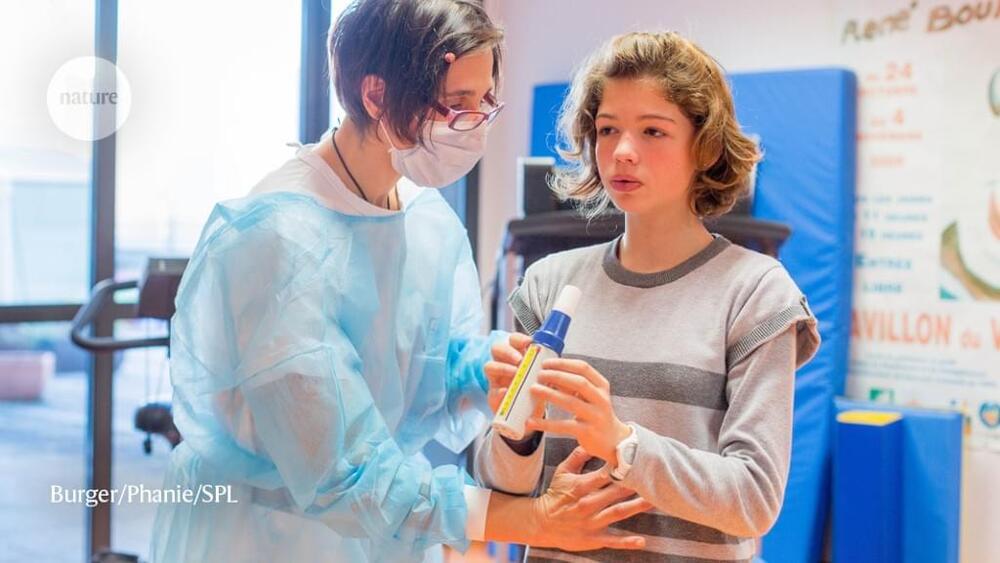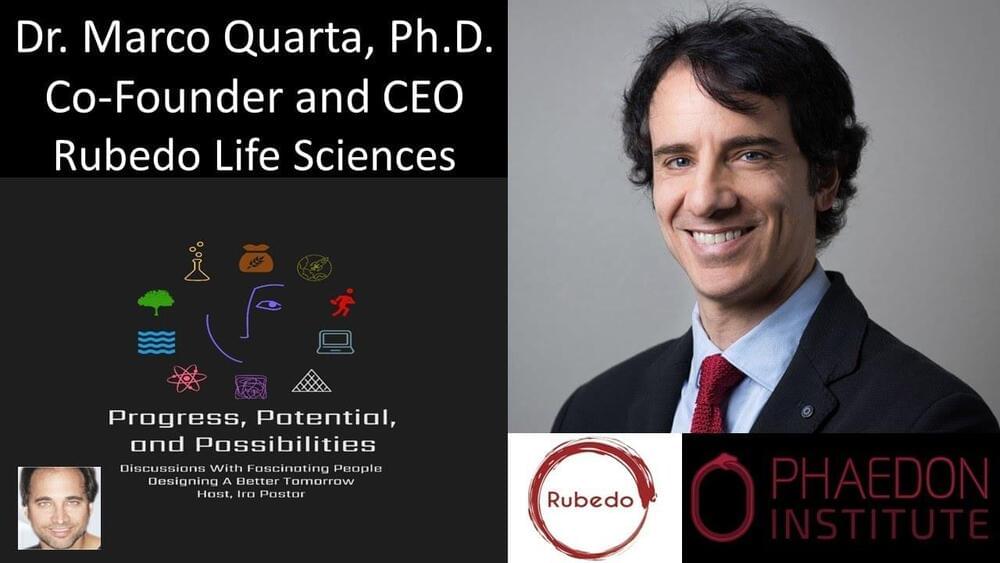Sep 23, 2023
Scientists discover clues to aging and healing from a squishy sea creature
Posted by Omuterema Akhahenda in categories: biotech/medical, evolution, life extension
Insights into healing and aging were discovered by National Institutes of Health researchers and their collaborators, who studied how a tiny sea creature regenerates an entire new body from only its mouth. The researchers sequenced RNA from Hydractinia symbiolongicarpus, a small, tube-shaped animal that lives on the shells of hermit crabs. Just as the Hydractinia were beginning to regenerate new bodies, the researchers detected a molecular signature associated with the biological process of aging, also known as senescence. According to the study published in Cell Reports, Hydractinia demonstrates that the fundamental biological processes of healing and aging are intertwined, providing new perspective on how aging evolved.
https://www.nih.gov/news-events/news-releases/scientists-dis…a-creature
Continue reading “Scientists discover clues to aging and healing from a squishy sea creature” »
